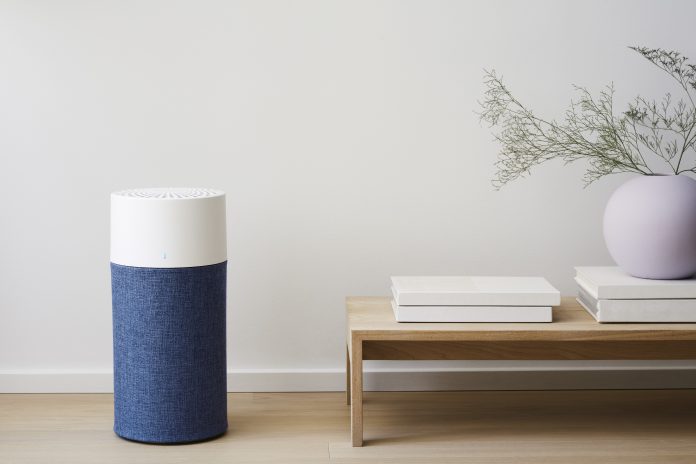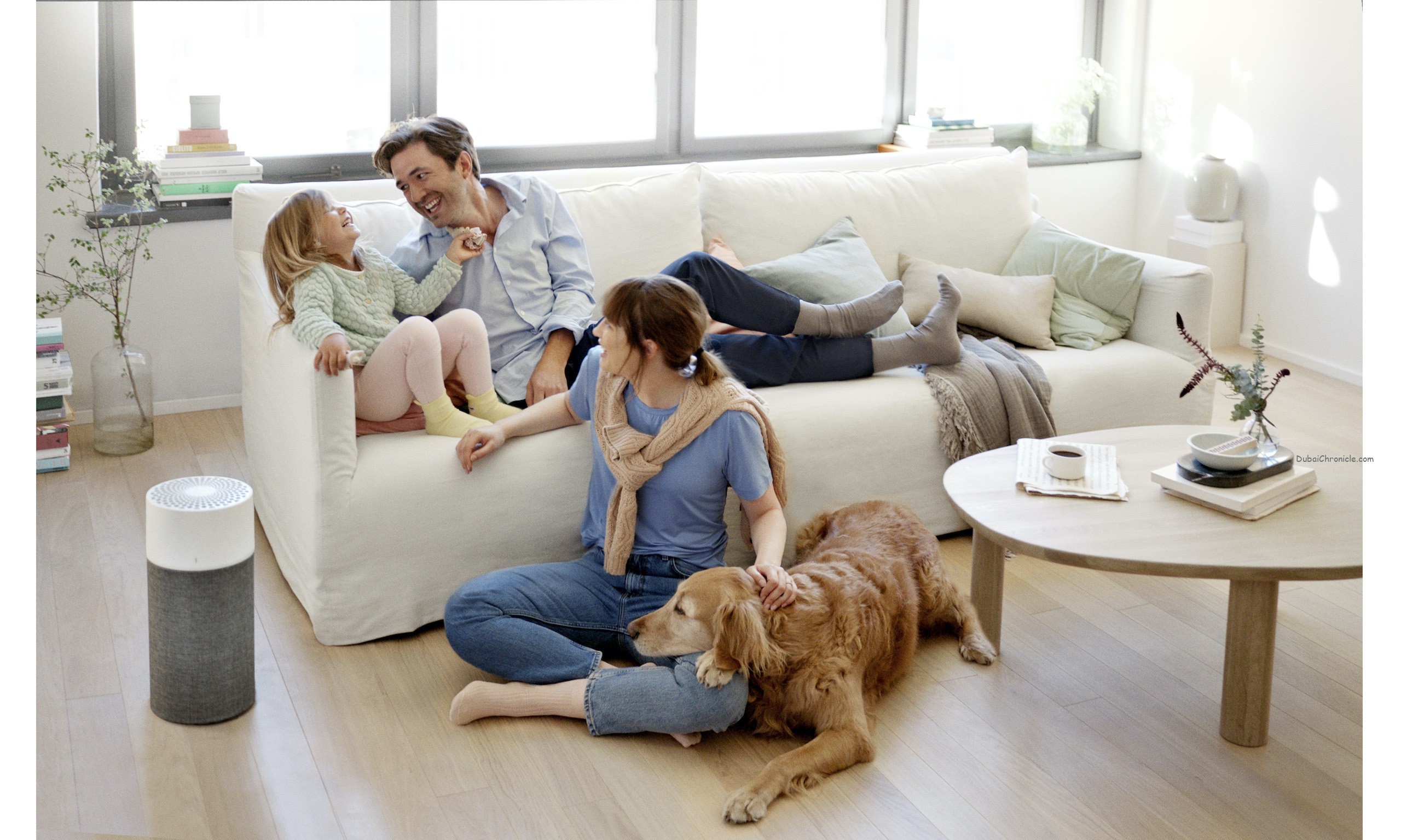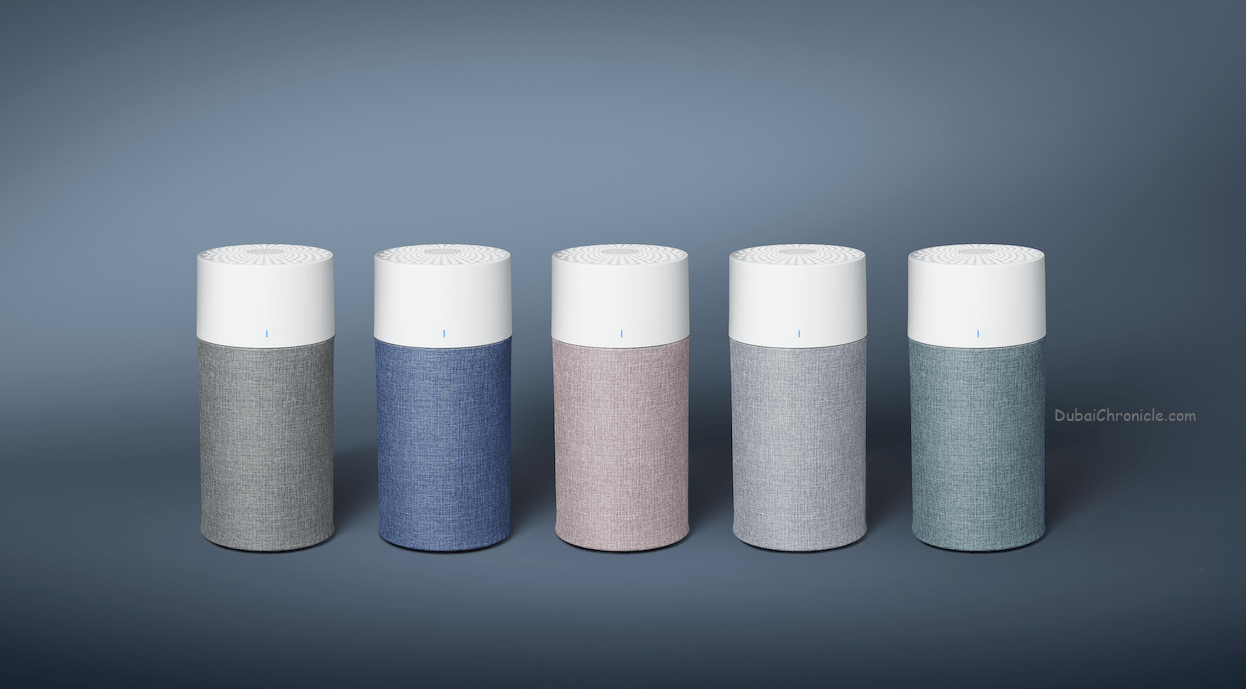
If you haven’t heard of the Swedish concept of ‘Lagom’, it means ‘just enough’. In essence, it’s all about balance and in today’s fast-paced world, where we’re glued to our smart phones and stuck in a rut of mindless scrolling well into the night, regaining balance and a return to simplicity has never been so important. And no-one masters simplicity quite like the Swedes.
The average person spends about 26 years of their life sleeping – that’s 9,490 days or 227,760 hours. But we also spend around seven years of our lives trying to get to sleep!
Poor sleeping habits and lack of quality sleep can cause more than just a gloomy unproductive day at work; in the long run, it can adversely impact our mental and physical health, and has been linked to health issues such as a weakened immune system, high blood pressure, mood swings, depression, and reduced cognitive abilities.
We must recognize that sleep is an essential pillar of well-being and that the quality of sleep we get directly reflects the quality of life we lead.
The Covid-19 outbreak has made it harder to get a sound slumber at night. In 2020, the Google searches for “insomnia” were higher than ever before as people all over the world found it increasingly challenging to fall asleep due to the anxiety, uncertainty, lack of physical activity, and disruption of regular routine unleashed by the pandemic. In fact, experts have coined a term for this condition – “Coronasomia”.

Most of us will go through sleep issues at some stage in our lives. But the good news is that it can get better, with routine changes and healthy habits going a long way to getting the balance just right.
Here are some top tips that will help you achieve the art of ‘lagom’ and sleeping tighter than ever.
Limit screen time
Most of us find ourselves tossing and turning in bed even if we get to bed early. It may well be because of a common habit many of us have – scrolling through our phones, often mindlessly.
Screentime before sleeping has been shown to alert your brain and deter how fast and long you sleep. The blue light emitted from laptops and phones tricks your brain into thinking it’s day time and suppresses the production of melatonin – the sleep-inducing hormone circulated after dark.
To fall asleep soon after you hit the hay, you don’t have to give up your beloved gadgets completely. However, avoiding using your phone and laptop for the last hour before your sleeping time will pay huge dividends. Instead, try listening to your favourite podcast, reading a book, taking a bath or getting in a quick meditation session to help you relax and sleep more soundly. Go one step further and charge your phone outside your bedroom for maximum impact and to avoid midnight scrolling.
Consistent bedtime
Are you a night owl or an early bird? And what determines that? It is our natural circadian rhythm – which is our body’s 24-hour bioloigical clock that regulates sleeping or being awake at different times of the day.
Consistency of routine is vital in keeping your circadian rythm in check, going to bed and waking up at the same time can help set your internal clock and allow your body to sleep better and faster. Aim to set an alarm to wake up and go to bed at the same time everyday – yes, even on weekends – no matter how tempting it might be to sleep in. The principle is simple, not too much sleep, not too little, just enough.
An ideal environment
A cosy and tranquil environment plays a major role in speeding up sleep onset and getting peaceful rest during the night. With a few changes and minimum effort, you can turn your bedroom into the ideal sleeping place. Make like the Swedes and aim for your bedroom to be a minimalist, clutter-free zone. Keep things calm, with muted, neutral tones, soft clean sheets and dark curtains for maximum cosiness. Anything that reminds you of work or sends your brain into overdrive needs to go.
Another crucial but underrated factor that influences how well we sleep is the air we breathe. Research has shown that good air quality leads to good quality sleep. However, the indoor air we breathe can often be up to 5 times more polluted than outdoor air and you might not even feel it, but those little particles and dust lingering in your bedroom can keep you up at night.
Blue 3210, the latest air purifier from Blueair’s Pure range has been designed to remove 99.97% of the airborne particles using its HEPA Silent™ technology. Its superior performance, whisper-quiet design and smart sensor will mean a fresh and relaxing environment for you throughout the night, while its minimalist, Scandi design will add some serious style props to your bedroom.

Getting on your feet
Covid-19 has pushed us into a sedentary lifestyle as we do most things remotely to avoid the risk of getting infected. However, lack of physical exercise can lead to long-term health complications and has been linked to poor sleep quality.
Studies show that even 10 minutes of aerobic exercise such as walking or cycling a day can improve sleep duration and quality. However, when it comes to exercising for a night of restful sleep – timing is key. For years, experts have debated if exercising before going to bed can keep you up as a workout session triggers an increase in your body temperature and a faster heartbeat.
However, all bodes are different, and some people have reported falling asleep faster after physical activty. So exercise at the time, which works best for you and your circadian rhythm but just remember to make like the Swedes and keep moving!
The new Blue 3210 & 3410 air purifier is available to buy from selected retailers starting from AED 599. It comes in two sizes and five different colourways, each inspired by the rugged Swedish landscape.




































